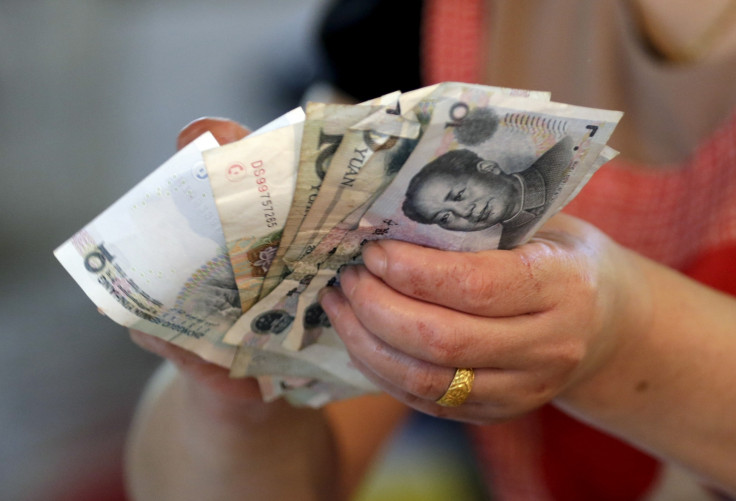China to tighten tax reporting law for multinationals to end multi-billion dollar corporate tax loophole

China may reportedly be pushing forward plans to tighten a multi-billion-dollar corporate tax loophole that will see a higher standard in tax reporting requirements for multinationals operating in the country. The proposal, if it does go ahead, would see Multinational Corporations (MNCs) being forced to submit extensive reports, detailing internal pricing and costs between overseas branches and their registered headquarters.
The proposal would aim to eradicate the practice of MNCs to alter the price of labour, services or intangible asset transfers within global operations, to allow firms to divert profits to low-tax countries. The Organisation for Economic Cooperation and Development (OECD) has estimated that these kinds of profit-shifting practices result in about $100-240bn (£69-166bn; €87-219bn) in lost tax revenue per year. This amounts to up to 10% of the global corporate income tax revenue.
A source at a law firm told the South China Morning Post that China's State Administration of Taxation had issued a consultation draft on the proposal at the end of last year. "[Internal transfer pricing] is a grey area to utilise loopholes in tax rules between different countries, but now the governments [of those countries] are acting to close the hole," the source said.
The move, if adopted, will see China's tax laws being brought in line with OECD's standards. The OECD has been trying to convince countries to set universal reporting standards to close the tax loophole since 2012, the newspaper said.
According to Ernst & Young and PricewaterhouseCoopers, the new rules are expected to take effect retrospectively from 1 January 2016. The proposal has provoked debate in China due to the magnitude and detailed documentation required by both Chinese and foreign MNCs.
Jeff Yuan from PwC China and Hong Kong, told the newspaper that MNCs faced similar changes elsewhere and not just in China. "The extra documentation work is not only happening on the mainland but in major economies as well. It is the first time that major economies have taken joint action to address the tax avoidance issue amid growing globalisation," he said. However, Travis Qiu from Ernst & Young warned that Chinese companies lack the experience in such matters and as such may find the new requirements difficult.
© Copyright IBTimes 2025. All rights reserved.






















